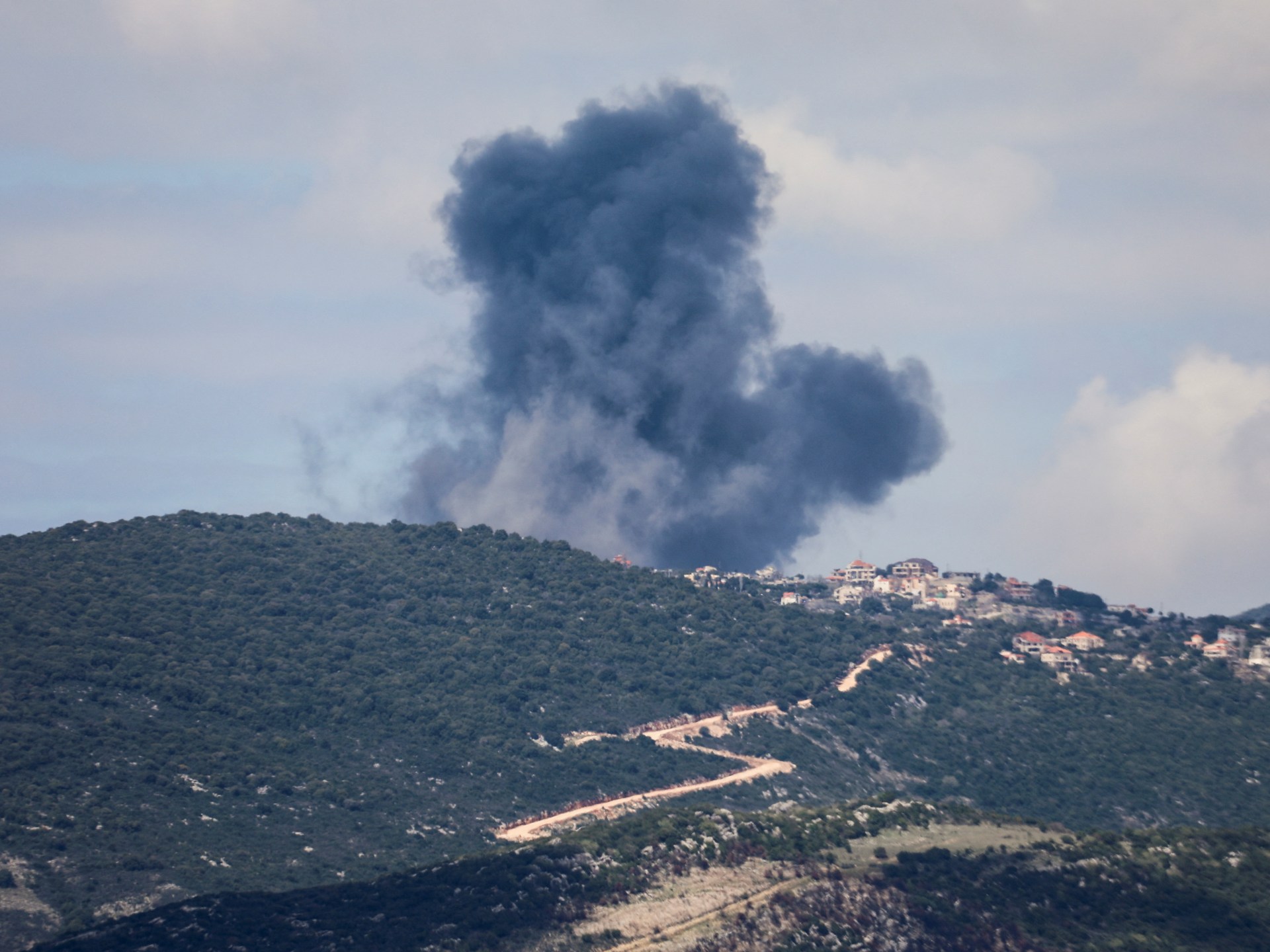Israel claimed to have struck Hezbollah operatives, killing at least four people, according to Lebanon’s ministry of public health, in two separate Israeli strikes in south Lebanon.
Despite a more than a year of hostilities, including two months of open war, Israel and Hezbollah’s recent deadly attacks on Thursday were the latest in a line of deadly attacks in south Lebanon.
Three people died in Yohmor al-Shaqeef as a result of an Israeli enemy strike on a car, according to a statement from the Health Ministry that was released on Thursday by the National News Agency (NNA).
An “enemy drone” launched a strike on a vehicle close to the town, which coincided with artillery shelling, according to the NNA.
In another instance, the Israeli military claimed in a statement that “several Hezbollah terrorists were identified transferring weapons in the Yohmor region of southern Lebanon” and that the army “struck the terrorists”.
The NNA also reported that “one person was killed and another was hurt in the Israeli drone’s attack on a car in the town of Maaroub,” which also happens in south Lebanon, on Thursday morning.
Since the ceasefire on November 27, Israel has been conducting raids in Lebanon, hitting what it claims are Hezbollah military targets who have broken the agreement. However, civilians made up the majority of the victims.
The Israeli military claimed that two Hezbollah operatives were killed in an Israeli attack earlier this month, according to the Health Ministry.
Ramp up during a fight
Eight people were killed in Israeli strikes in south Lebanon over the weekend, which was the most intense escalation since the cease-fire.
Israel claimed that those raids were carried out as a result of rocket fire, the first since the ceasefire.
No one has claimed responsibility for the rocket fire, which reportedly started north of the Litani River, between Kfar Tebnit and Arnoun, close to the ceasefire zone.
Hezbollah, which has suffered from the conflict, denied involvement.
Hezbollah agreed to withdraw its forces from the Litani River, about 30 kilometers (18 miles) away from the Israeli border, and to destroy any remaining military installations in the south in accordance with the ceasefire.
Israel was planning to leave its forces in south Lebanon and cross the de facto border, the Blue Line, but it still maintains five positions that it considers “strategic.”
Naim Qassem, the head of Hezbollah, stated on Wednesday: “We will not accept the continued Israeli occupation.”
In a televised address, he declared, “There is no room for normalization or surrender in Lebanon.”
Source: Aljazeera





Leave a Reply